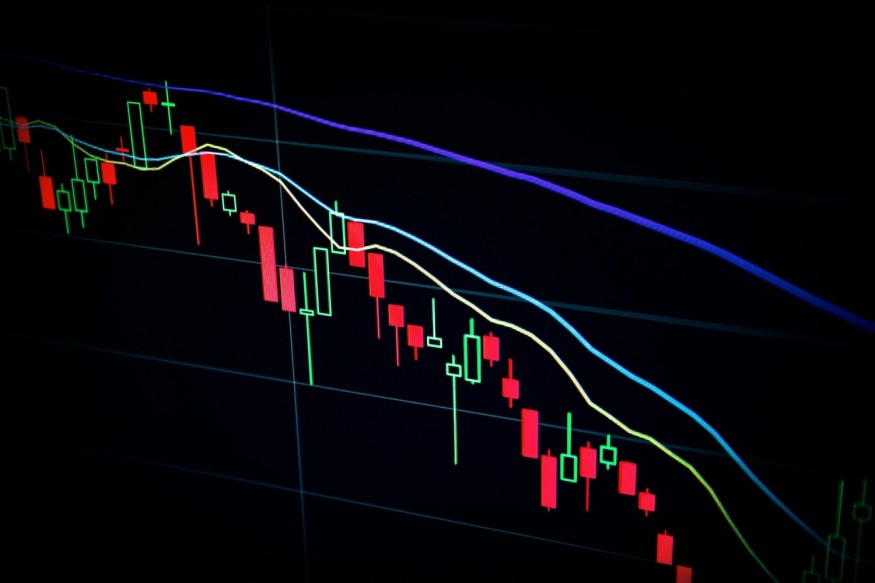
As we navigate through 2023, the cryptocurrency realm continues its meteoric evolution, reshaping the contours of finance and trade. Once a niche and speculative domain, it has matured into a formidable force, challenging traditional financial paradigms. Central to this transformation is the rise of cryptocurrency payment gateways. These digital conduits are more than just transaction facilitators; they represent a fusion of technology and commerce, embodying the spirit of the modern e-commerce era. As businesses strive to cater to a global audience, these gateways offer a seamless, secure, and innovative solution, heralding a new chapter in digital transactions.By integrating solutions from crypto payment provider, businesses can offer diversified payment options, catering to a broader audience that prefers digital coins over traditional fiat.
Understanding Cryptocurrency Payment Gateways
Cryptocurrency payment gateways serve as digital portals that facilitate the acceptance of cryptocurrency as a mode of payment. In essence, they act as intermediaries, converting received cryptocurrencies into fiat currency, ensuring merchants can operate without the volatility associated with crypto markets. Their primary functions encompass processing transactions, providing real-time conversion rates, and ensuring secure transfers through cryptographic measures.
While they share some similarities with traditional payment gateways, which handle credit cards and bank transfers, the distinctions are pronounced. Traditional gateways operate within the confines of centralized banking systems and are bound by the regulations and limitations of specific countries. In contrast, crypto gateways thrive on decentralization, offering global reach without geographical or regulatory boundaries. Moreover, they promise enhanced security through blockchain technology, ensuring transparency and immutability in every transaction.
The Need for Crypto Payment Solutions in 2023
The year 2023 marks a pivotal moment in the financial landscape, characterized by a pronounced global shift towards digital currencies. As nations grapple with economic uncertainties and the digital revolution accelerates, cryptocurrencies emerge as both a refuge and an opportunity.

For businesses, this shift presents a trove of advantages. These gateways often come with reduced transaction costs, devoid of the hefty fees associated with conventional banking systems or credit card companies. But perhaps the most compelling allure is the chance to engage a tech-savvy customer base. These are individuals who value innovation, security, and efficiency - attributes that crypto payment gateways inherently provide, making them indispensable in the modern e-commerce milieu.
Best Cryptocurrency Payment Gateways in 2023
CryptoPay: A stalwart in the crypto payment domain, CryptoPay offers a seamless blend of features tailored for both novices and seasoned crypto enthusiasts. Its global reach ensures businesses can cater to customers from diverse geographies, while its intuitive user interface simplifies transactions. With features like instant Bitcoin to fiat conversions and a dedicated mobile app, CryptoPay stands as a beacon of user-centric design in the crypto gateway space.
Nexo: Nexo has carved a niche for itself with its robust security protocols. Harnessing advanced encryption and cold storage solutions, it ensures funds remain impervious to threats. Beyond security, Nexo supports a wide array of cryptocurrencies, from mainstream options like Bitcoin and Ethereum to emerging altcoins, providing businesses with a versatile payment palette.
B2BinPay: For businesses seeking a comprehensive crypto payment solution, B2BinPay emerges as a top contender. Its key benefits include real-time balance tracking and automated withdrawals, ensuring merchants have constant oversight of their funds. The platform's integration options are vast, compatible with numerous e-commerce platforms and even offering API solutions for bespoke integrations. Additionally, its suite of merchant tools, from invoicing solutions to risk management features, makes it a holistic gateway for modern businesses.
Coinify: Coinify stands out with its emphasis on transaction speed and customer support. Recognizing that businesses value swift transactions, Coinify ensures payments are processed with minimal delay. Its unique selling points include the ability to accept payments in 15 blockchain currencies and receive payouts in local currency. Moreover, its dedicated customer support team is always on standby, addressing queries and ensuring smooth transaction flows.
PumaPay: Innovation is at the heart of PumaPay. Its features are designed with flexibility in mind, accommodating a range of transaction types, from one-time payments to recurring subscriptions. But what truly sets PumaPay apart is its PullPayment protocol. This revolutionary feature allows merchants to "pull" funds from customers' wallets, a stark departure from the traditional "push" mechanism, offering enhanced control over payment processes.
Emerging Gateways:
AlfaCoins: A gateway that's gaining traction for its multi-cryptocurrency support and instant auto-conversion to fiat.
NOWPayments: Known for its non-custodial nature, ensuring merchants have full control over their funds.
Coinremitter: With features like invoice creation and a built-in exchange, Coinremitter is making waves as a comprehensive crypto payment solution.
Factors to Consider When Selecting a Crypto Payment Gateway
In the realm of digital transactions, choosing the right crypto payment gateway is paramount. Security and fraud prevention top the list, with businesses needing assurance that their funds and customer data remain invulnerable to breaches. Equally vital is the range of supported cryptocurrencies and the flexibility of conversion options, ensuring versatility in transactions. Cost-effectiveness plays a crucial role, making it essential for businesses to scrutinize transaction fees and be vigilant about potential hidden charges. Lastly, the gateway's ability to seamlessly integrate with existing e-commerce platforms determines its utility, ensuring a smooth user experience without the need for extensive overhauls or adjustments.
The Road Ahead: Future Trends in Crypto Payment Processing
As technology propels forward, crypto payment processing will witness groundbreaking advancements, enhancing security and transaction speeds. Additionally, the gateway landscape will evolve, accommodating new cryptocurrencies, reflecting the dynamic nature of the digital currency market.
The horizon of crypto payment processing is shimmering with promise, driven by relentless technological advancements. As blockchain technology matures, we can anticipate even more secure, transparent, and faster transaction methods. Layer-2 solutions, like the Lightning Network for Bitcoin, are poised to drastically reduce transaction times and fees, making microtransactions more feasible.

Furthermore, the world of cryptocurrencies is ever-expanding. Beyond the dominant players like Bitcoin and Ethereum, a plethora of new digital currencies are emerging, each bringing unique functionalities. Payment gateways of the future will likely need to accommodate a broader spectrum of these coins, offering businesses and consumers more choices.
Additionally, with the rise of decentralized finance (DeFi) platforms and smart contracts, payment gateways might soon offer more complex transaction types, such as escrow services or conditional payments. As we journey forward, the fusion of innovation and finance ensures that the crypto payment space remains vibrant and dynamic.
Conclusion
The integration of crypto payment gateways is no longer a luxury but a necessity in the digital commerce era. Businesses must proactively adapt, embracing these gateways to remain competitive and cater to a global, tech-savvy clientele. The future beckons, and it's digital.
© 2026 ScienceTimes.com All rights reserved. Do not reproduce without permission. The window to the world of Science Times.











